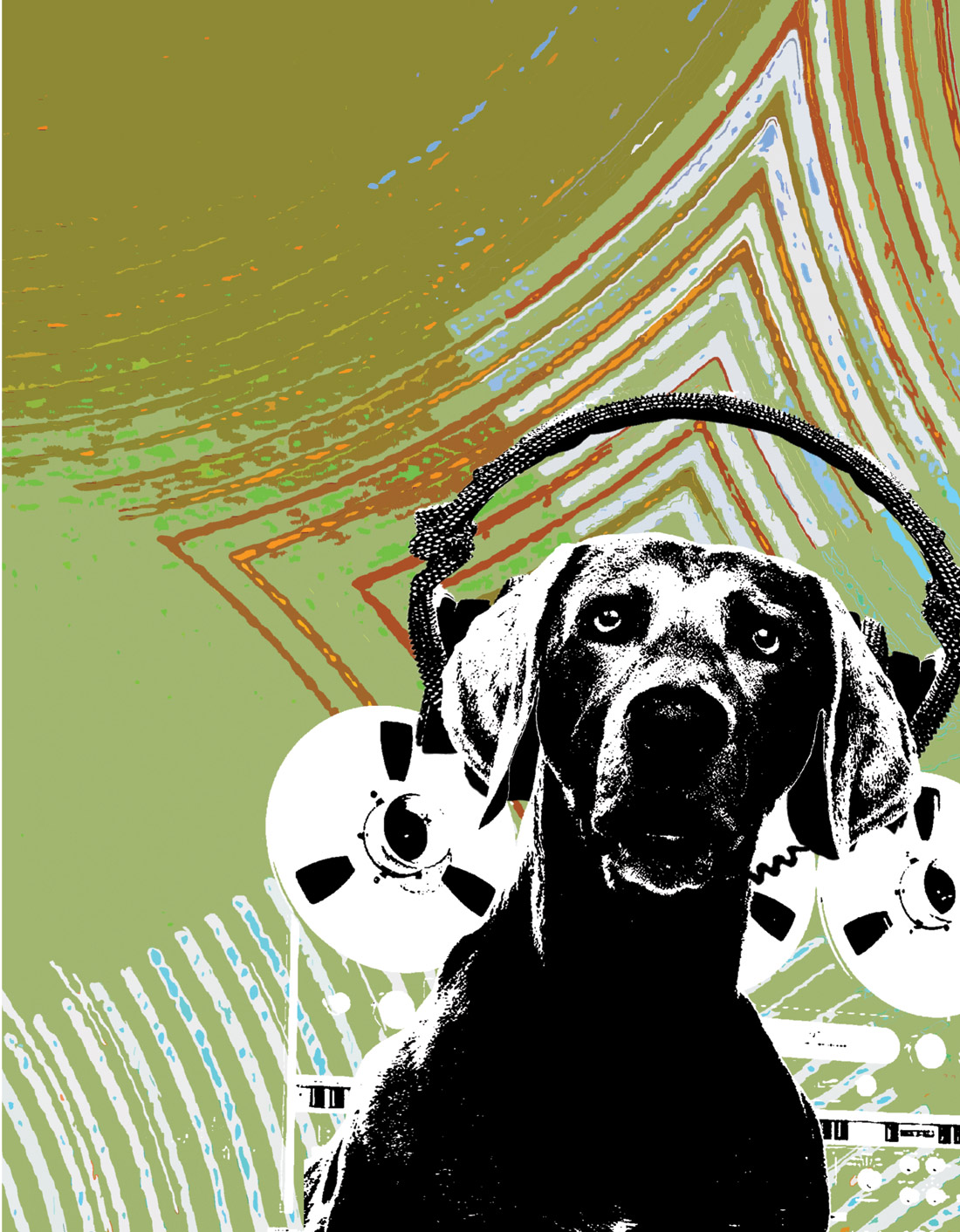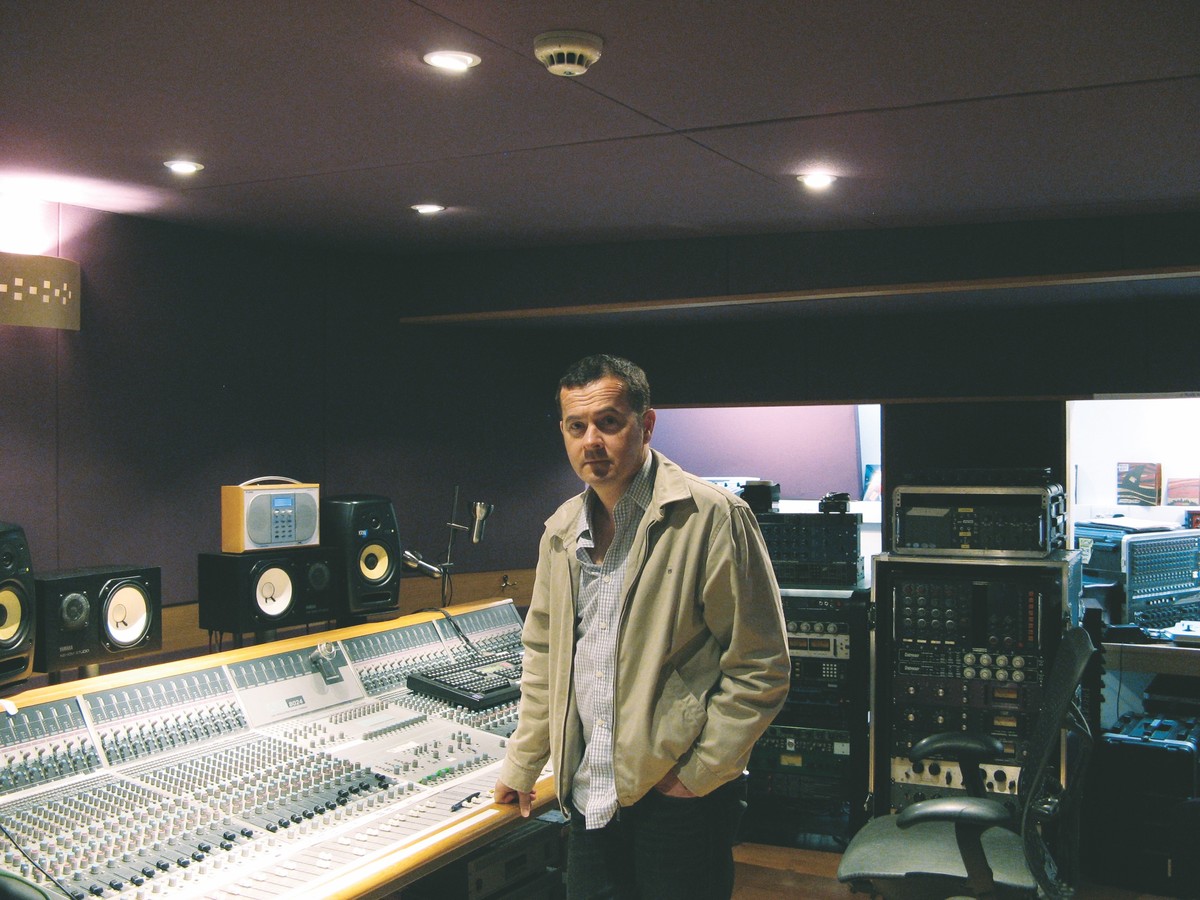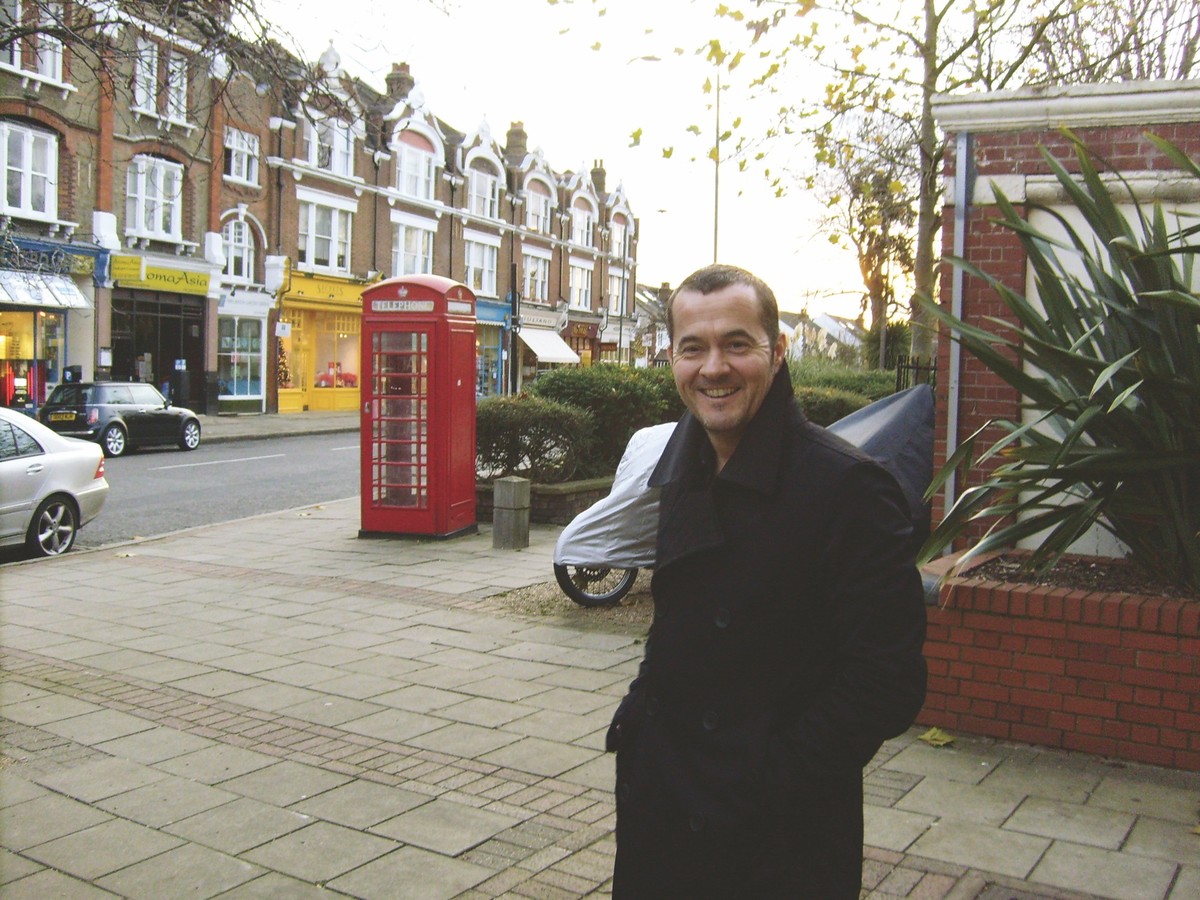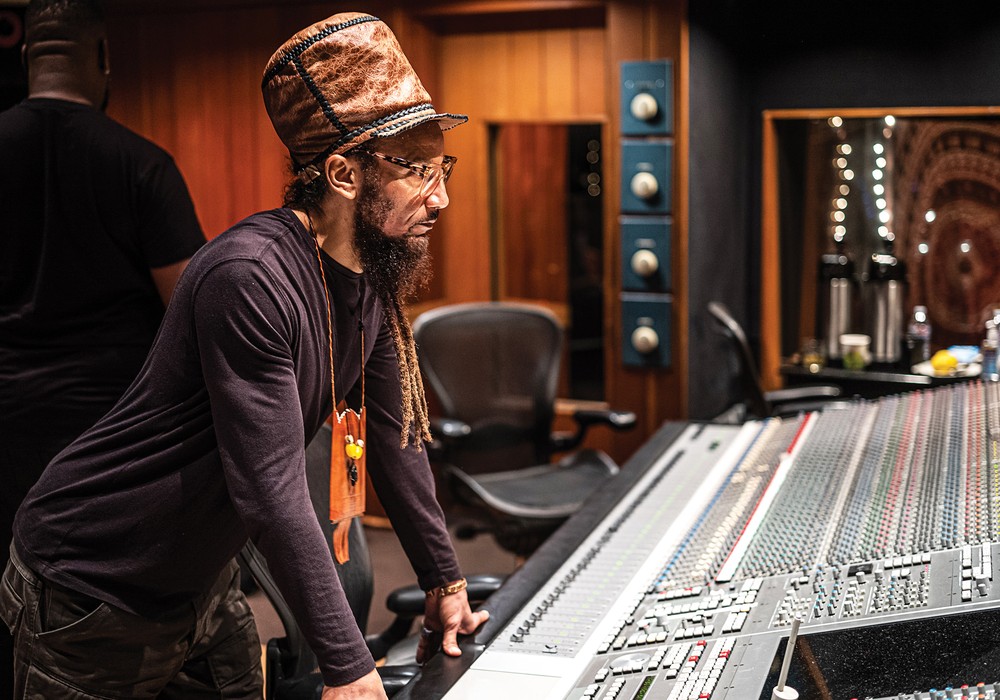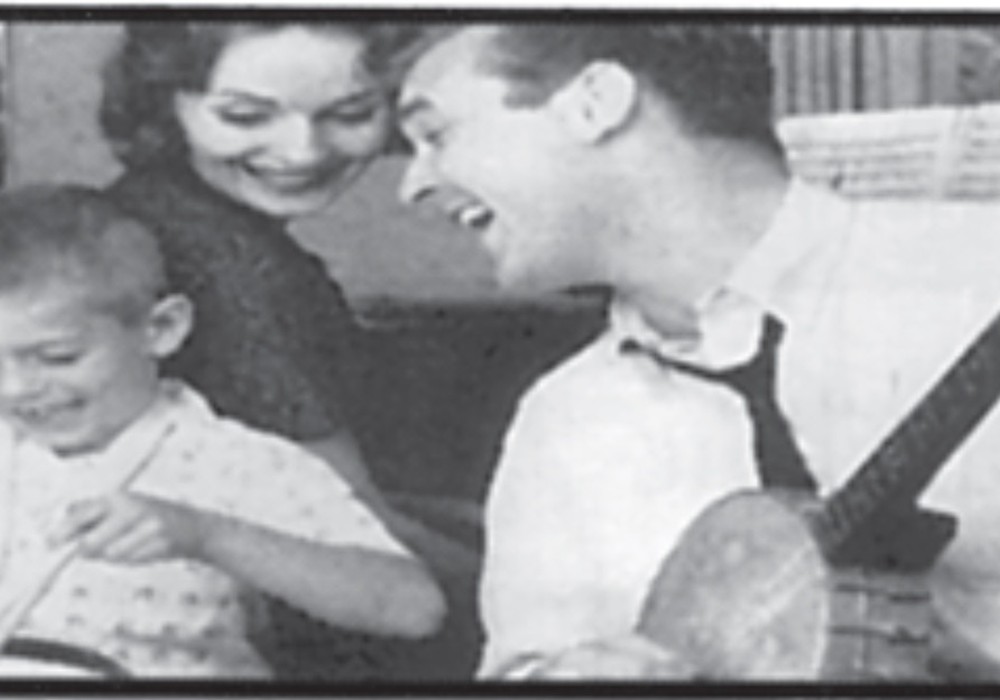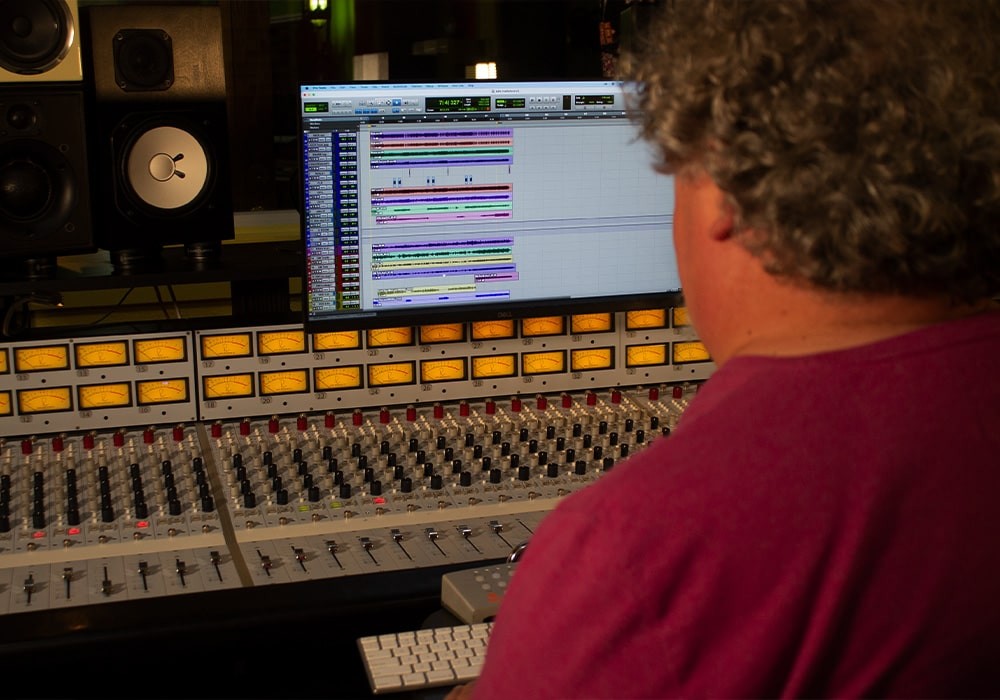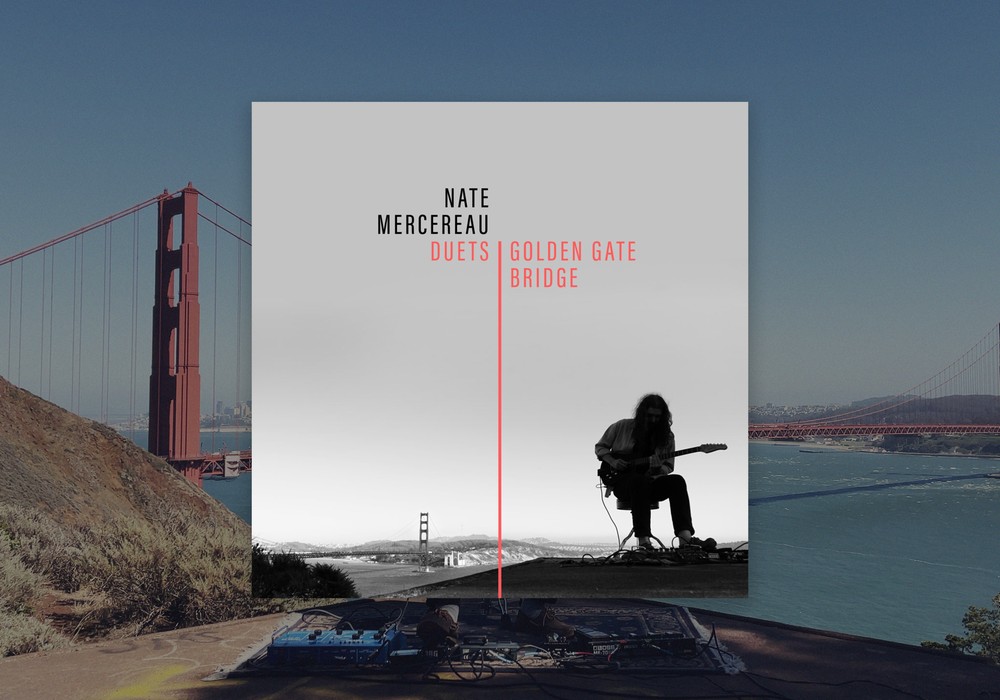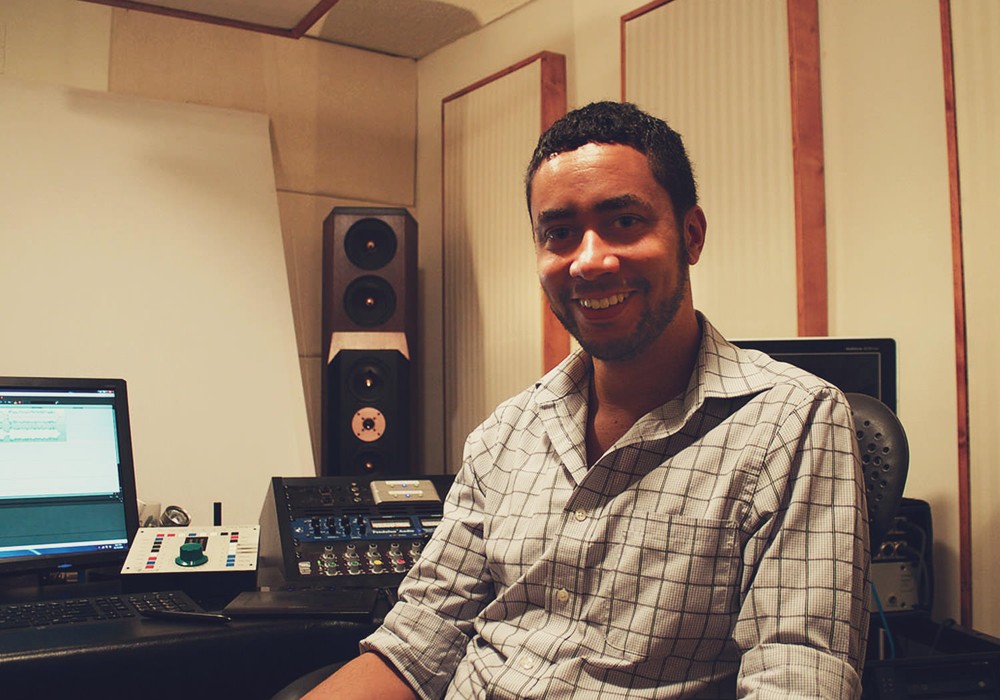Look at the history of UK pop music over the last twenty-five years and you will invariably come across popular singles and albums that have seen the touch of producer/engineer Stephen Street. Bands like The Smiths, Blur, The Cranberries, New Order, Morrissey, Kaiser Chiefs, Babyshambles, The Pretenders, Sleeper, Ordinary Boys, The Psychedelic Furs, The Zutons and Feeder have all benefited from his studio savvy. He has produced albums for Durutti Column, The Triffids, Lloyd Cole and The Promise Ring that are held in high critical regard. Stephen was kind enough to offer us some time to talk with him in the modest studio space he shares with engineer and sometimes cohort Cenzo Townshend, located in the famed Olympic Studios in London.
For twenty-plus years you've had a track record of staying busy and, especially in the U.K., keeping things in the charts.
I think the thing that's kind of amazing is that I've always chose to work on things I believe in, instead of working on things to just fill the calendar. I think if you try to take work simply to keep yourself busy, you usually don't do a good job. I generally take on things because I like it; I feel a certain empathy with it that I can do a good job. Some things I've heard and I think they sound great, but then I think, "What do you want me to do? I can't think of a thing to do with it." [laughter] I have a certain natural empathy with bands. I've done an occasional singer/songwriter thing, but I'm much better working with bands. I like to see that chemistry of four or five people working together and see what makes them tick. I like to keep it oiled. I like making every person feel positive, important and not just focus on the front man. So much of producing is band management — it's much more than knowing how to twiddle the knobs correctly.
Oh, absolutely!
It's like being a big brother — not in the [George Orwell's] 1984 sense [laughter] — but in a "put your arm around someone" kind of way. I've been there before; I want to make them feel comfortable for the session. I'm working for them, for the band. I worked with The Cranberries in the late '90s, and those kids were seventeen to twenty years old. They were so young. So, I had to tread carefully with them. Especially someone like Dolores [O'Riordan, lead singer of The Cranberries]. I made the best possible record I could make for them. But at the time, when it first came out, it kind of stiffed. It wasn't until the record came to America that people started to take notice. They re-released it in this country and then it finally took off. But, it was the same record. I didn't really think I'd make The Cranberries sound like Blur or vice versa. It's the band's album, not mine. I'm there for them. I want to make sure I transfer what they have in mind. I count myself very lucky though. I've kept going in this industry for twenty years plus — that's not bad by anyone's standards.
Do you still have your ear to the street? Or are people coming to you? Do you go to clubs?
I don't go out too much. It's like a busman's holiday. I don't usually go from the studio and see gigs. [laughter] If a new band gets signed to a label, especially if it's a guitar-based thing, hopefully I'm one of the producers on that list. I am fortunate. I've had access to some good acts over the years and it's a good calling card. A lot of bands come looking, and the first thing they want to know about is The Smiths and that was twenty years ago! [laughter] They are still asking how I got that guitar sound. The guitar sound comes from the guitar players. [laughter]
How did the Kaiser Chiefs end up working with you?
They were Blur fans. I produced a band called The Ordinary Boys, they are no longer together but they were quite popular about five years ago. Their first album created a little bit of a buzz. The Kaiser Chiefs were touring with them at the time. I met Nick [Hodgson], the drummer — he's the one who instigates things in the band. I met him backstage, although I had missed the Kaiser Chiefs, but I heard from The Ordinary Boys what a great band they were. Nick gave me a CD of their demos. They didn't have a deal and B-Unique, the label The Ordinary Boys were on, decided they were going to give them a deal. They said, "Could you give them a little test session?" I recorded a version of a song called, "I Predict...
